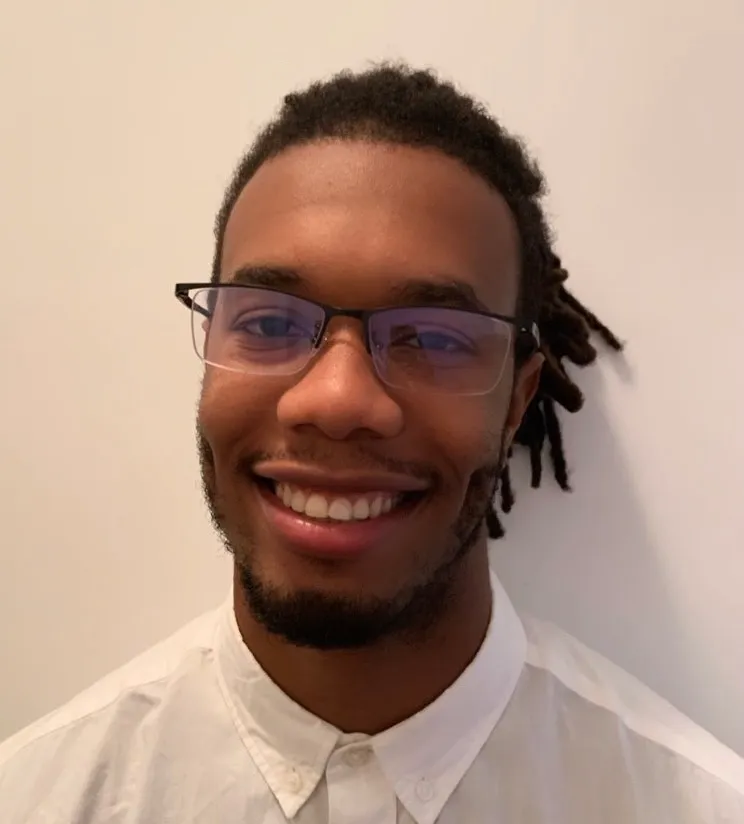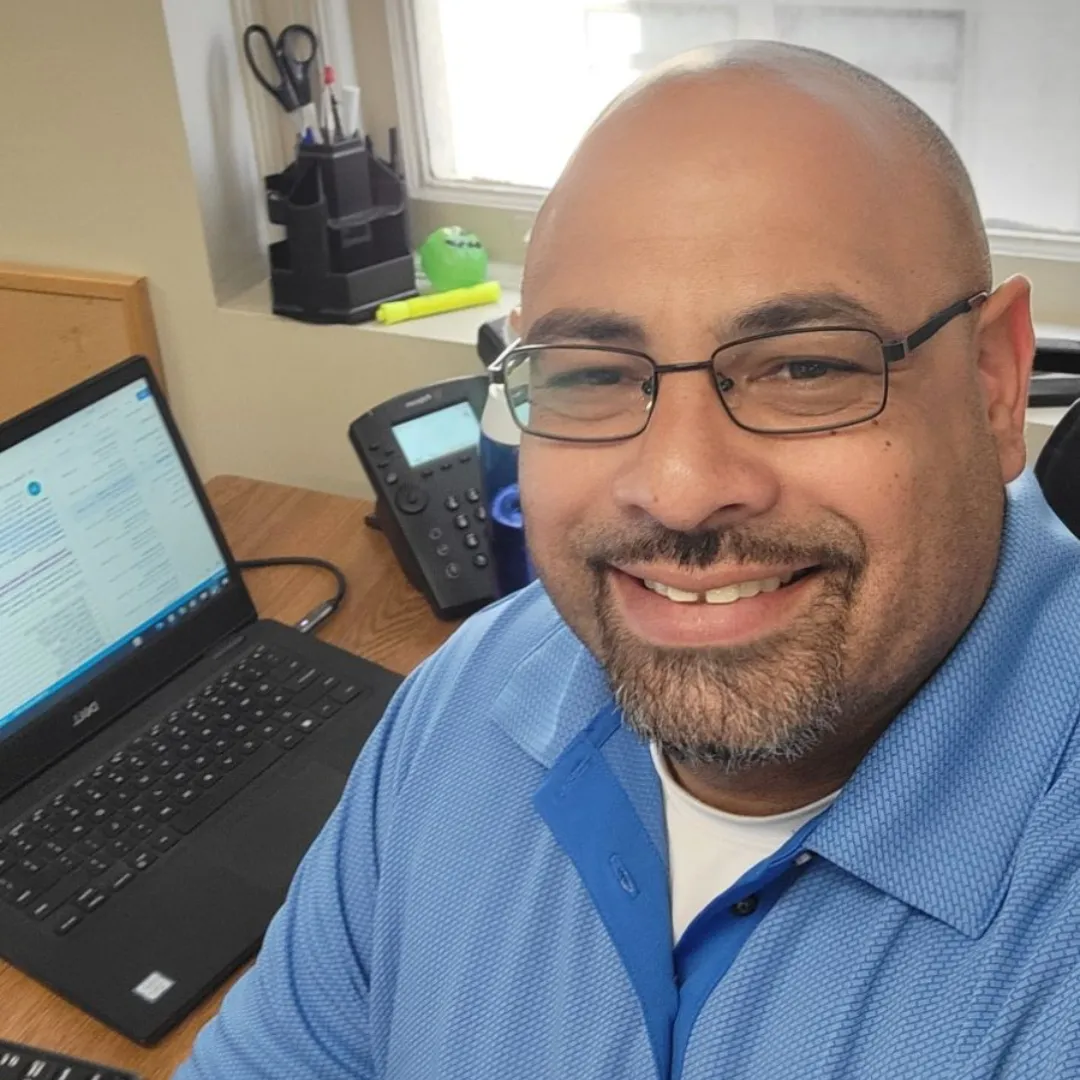Matrice, a Denver native, was raised with her brother by a single mother in Kansas City, Missouri. She recalls her mother struggling to raise them alone but says they always made the best of it.
Despite being a straight-A, honor-roll student, and a girl scout, Matrice says her mother was very strict. She presumes it was to keep her out of trouble.
When Matrice moved back to Denver, she said that everything had changed. In her words, she became "addicted to the streets." By age 17, she was pregnant and had dropped out of school.
"I ended up in and out of jail," Matrice says. "It was the lifestyle that my mom was trying to prevent us from."
As a teenager, she recalls her mother having to bail her out of jail on more than one occasion. This cycle continued for years. Matrice eventually realized that she needed to be a better role model for her family, who always looked up to her and followed in her footsteps.
After incarceration, life was difficult for Matrice. Because of her criminal background, she had difficulty finding employment. On top of that, a family member passed away, she was forced to move out of her apartment, all while going through rehab. Not to mention, she had three children to take care of and was worried they'd all end up homeless on the streets.
Matrice became involved with The Don't Look Back Center (TDLBC), a Colorado-based organization founded in 2018 to "empower socially and economically disadvantaged women and transwomen of all racial and ethnic backgrounds to obtain safety, restoration, leadership, courage, tenacity, and health." TDLBC's founder, Corinthiah Brown, and a survivor of the state's criminal legal system herself, pointed Matrice to the Center for Employment Opportunities (CEO), the nation's largest reentry employment provider.
In addition to gaining employment with CEO, Matrice received a regular cash stipend to help with expenses through their Returning Citizens Stimulus (RCS) program, which offers cash assistance to returning citizens. She says the money was instrumental in keeping her financially afloat.
"When I received the [RCS] stimulus, I was able to pay my bills, rent, I got a car, [and] I was able to buy my kids things for the holidays. For me, that meant I was able to survive. Me and my kids were able to have our lights on. I was like, yes, Lord, it came on time."
Matrice is elated to be working again. Since her release, she has quickly moved up the ladder to become the night supervisor at a local convenience store. She appreciates the position because it allows her to handle her responsibilities during the daytime.
"You know I made some bad choices and bad mistakes," she says. "However, since then I’ve been able to overcome that. To have that chance, it brought me a lot of happiness."
Matrice adds that working with CEO, and receiving the RCS stipend, motivated her to take back control of her life. The added support also gave her the stability and confidence to pursue other jobs and goals that she may not have pursued otherwise. Matrice also liked that she was obligated to meet certain requirements to continue receiving the stipend, which pushed her to become more accountable to herself.
"I’m back in control of what I need to do for my household, for myself, for my family. The stipend didn't just affect my life, it pushed me towards my goals."
Matrice admits that sometimes she feels the criminal legal system is designed for people to fail, especially when returning from incarceration. She doesn't know what she would've done if it weren't for assistance programs like the RCS. She says that without similar programs, people are out on their own with no help, making it easy to recidivate. Since she's gotten involved with the RCS program, Matrice has become a vocal proponent, and strongly advises all returning citizens to seek it out.
"The [RCS] stipend has helped a lot of lives," she says. "I know it changed mine."
Matrice has worked hard to get where she is today, and she is proud of who she has become. She says she made a choice to no longer live in the revolving door of incarceration. Still, she wishes the public perception surrounding incarceration would change, and people would look beyond one's criminal record. Matrice says she's more than just someone who has been in the system and her mistakes do not define her. The experience has made her a stronger person, a stronger woman, for herself, as well as her children.
"When I got out, I just continued to make a change, not only for my family and kids but for myself, because I have to start with myself first."
Along with taking care of her children and grandchild, Matrice has many ambitious hopes and dreams for the future, from owning her own businesses to publishing books, all of which she plans to have done later this year.
"I want to continue to become a successful woman. I have this past, but I am not my past. I want to be the person that I know I can be. I'm not going to give up on myself. I'm going to keep fighting.”




